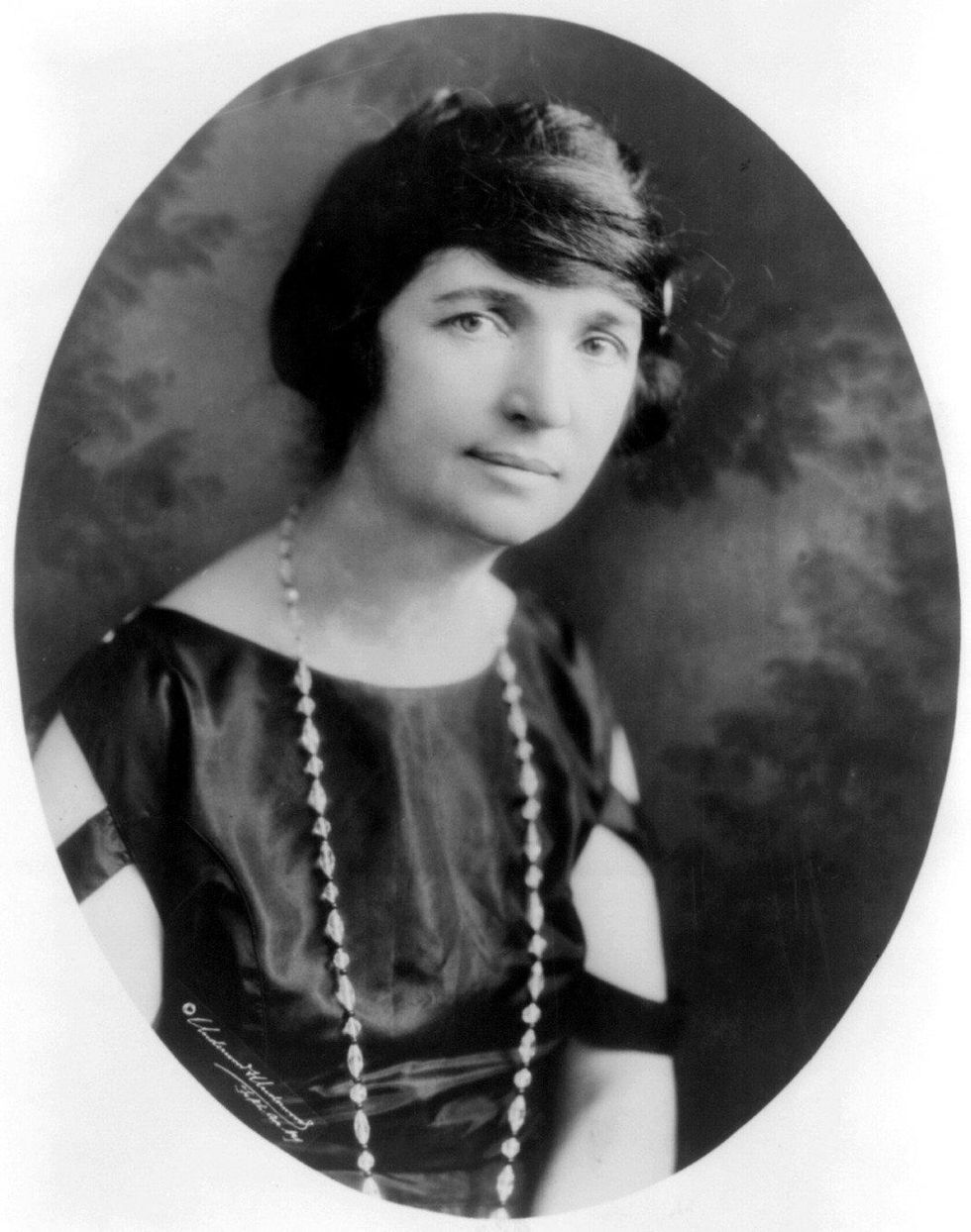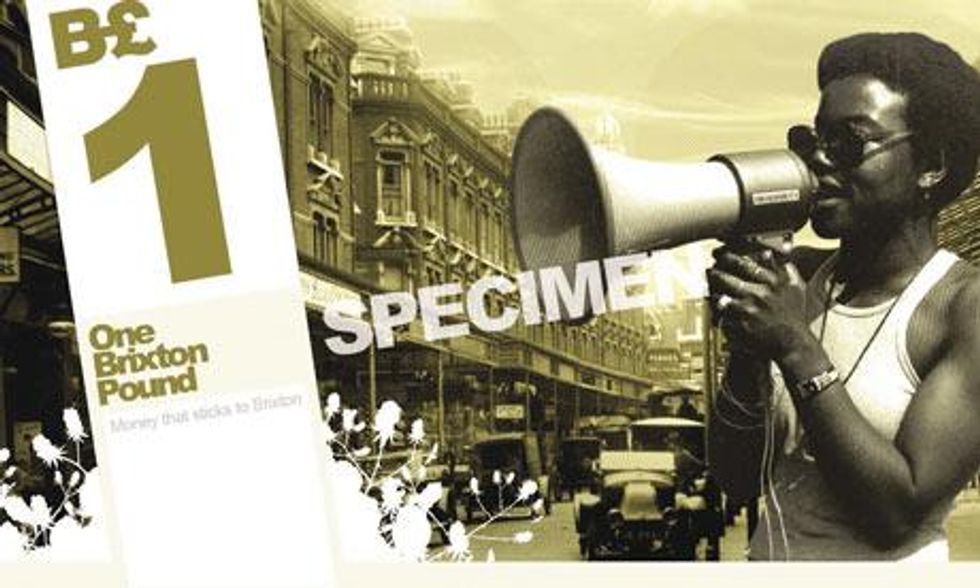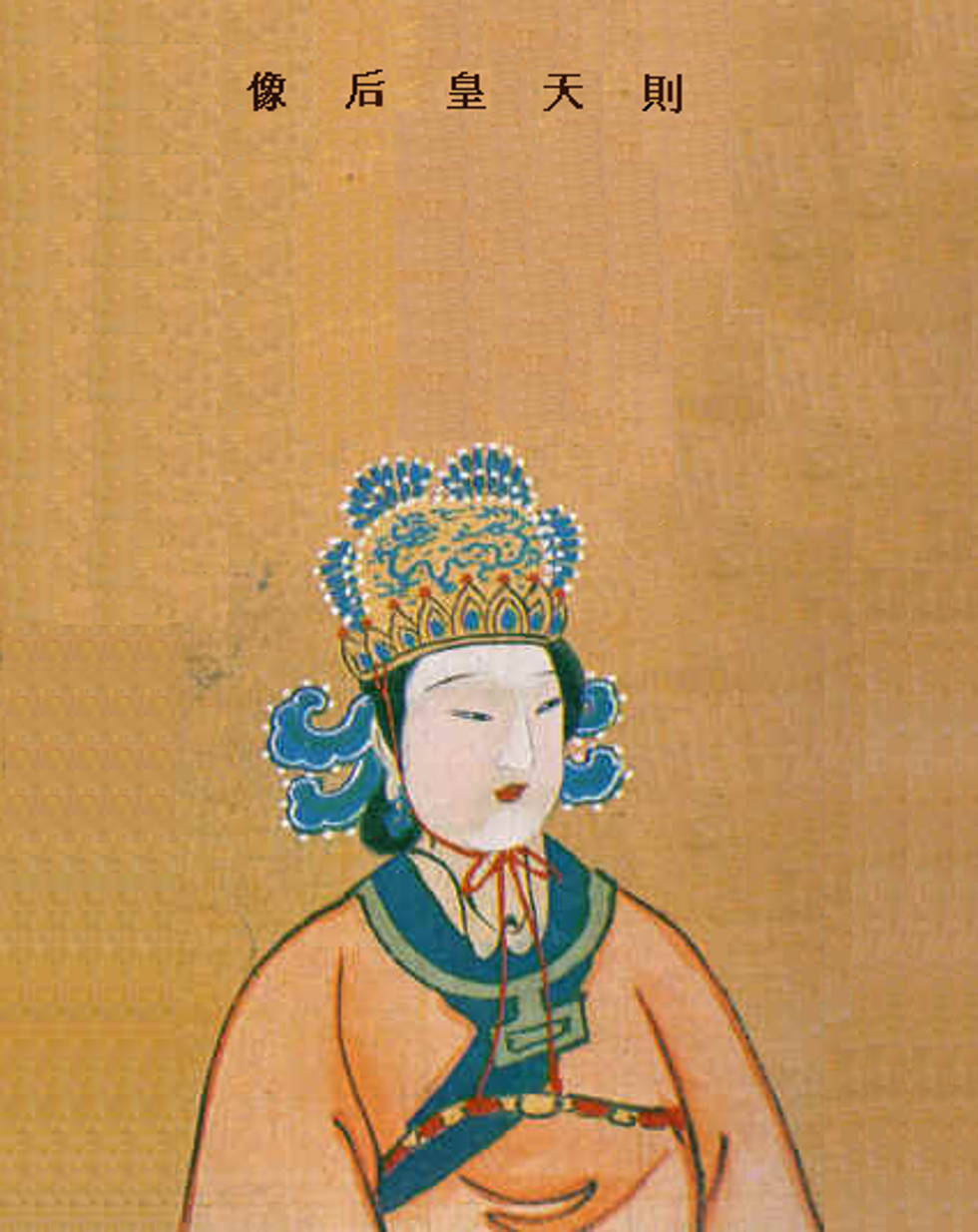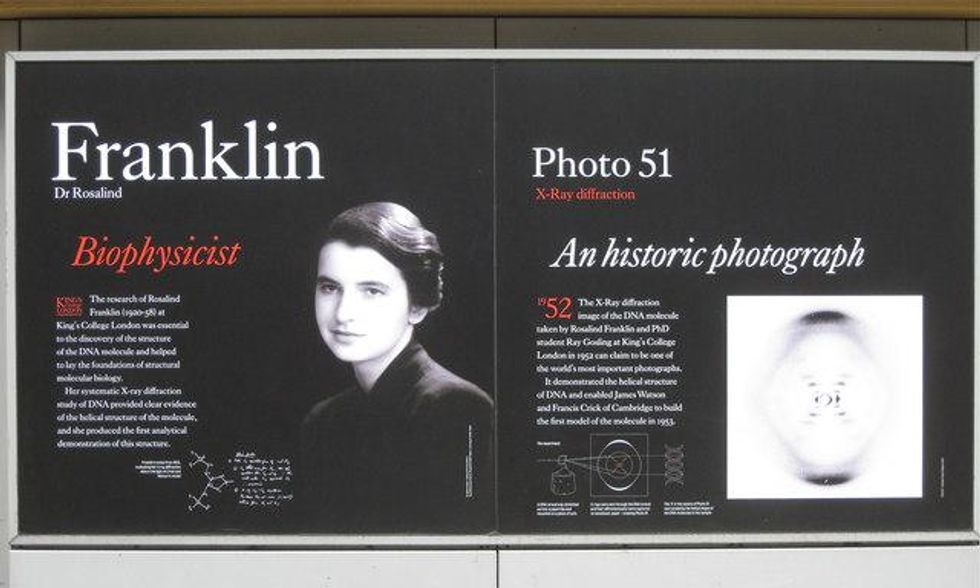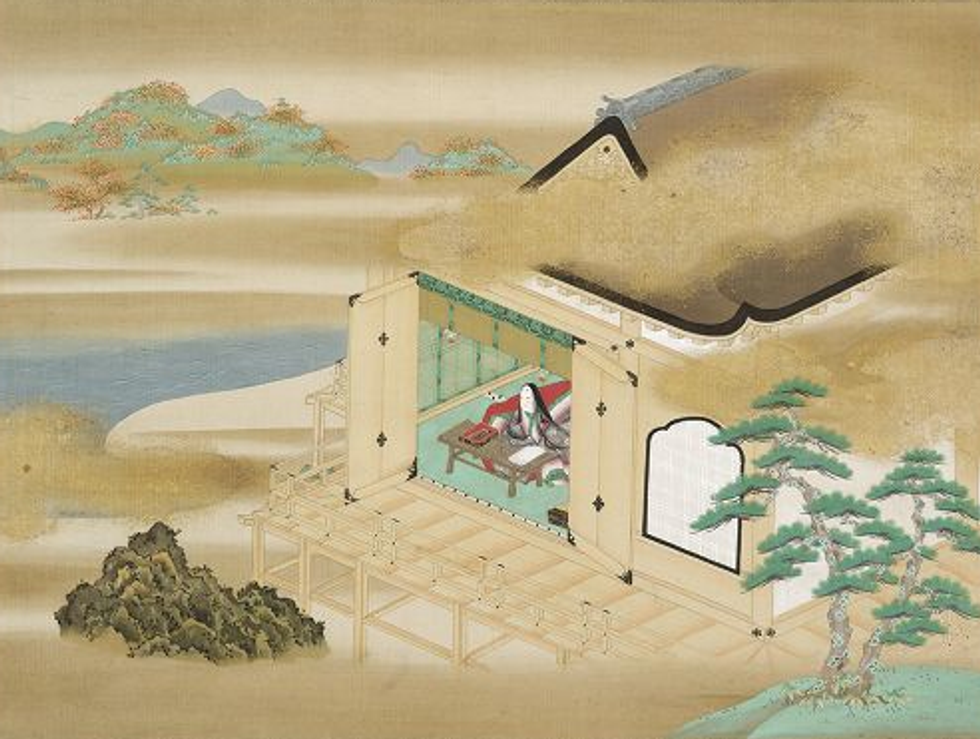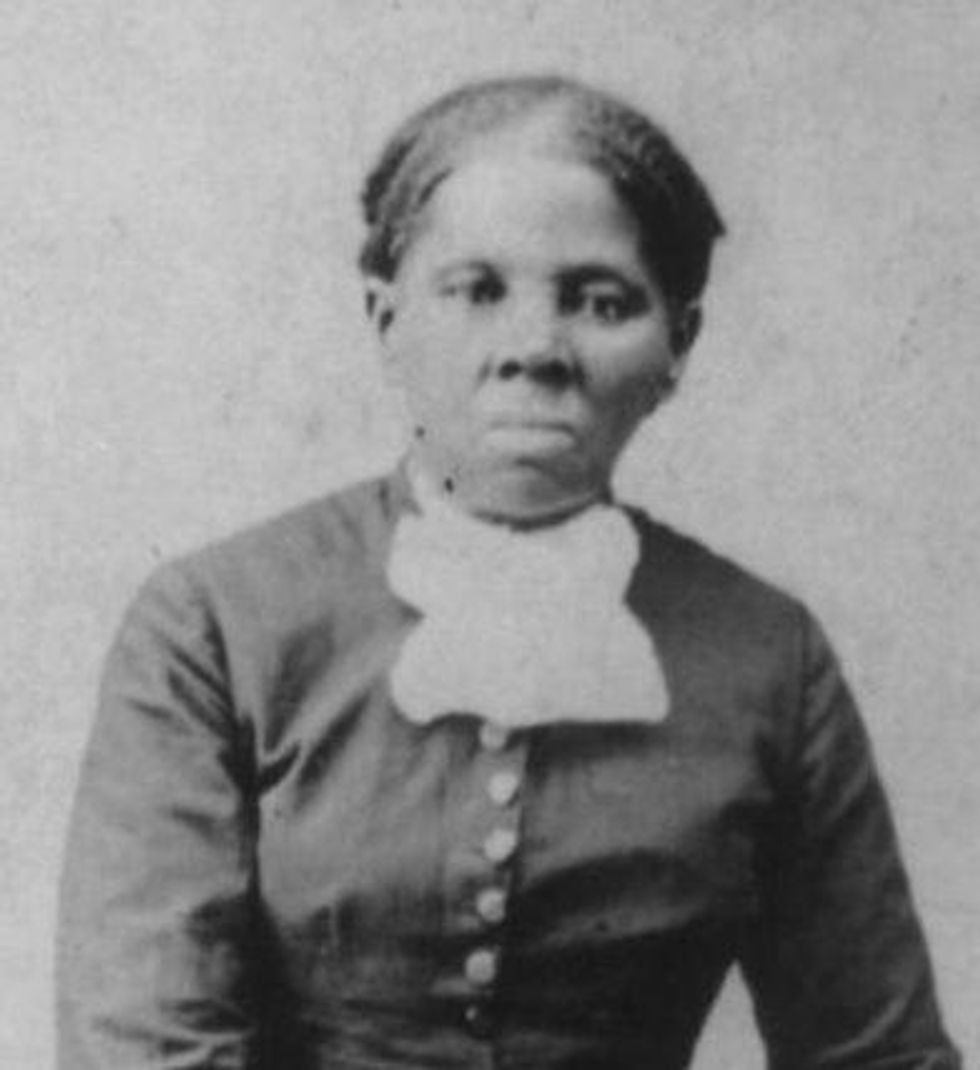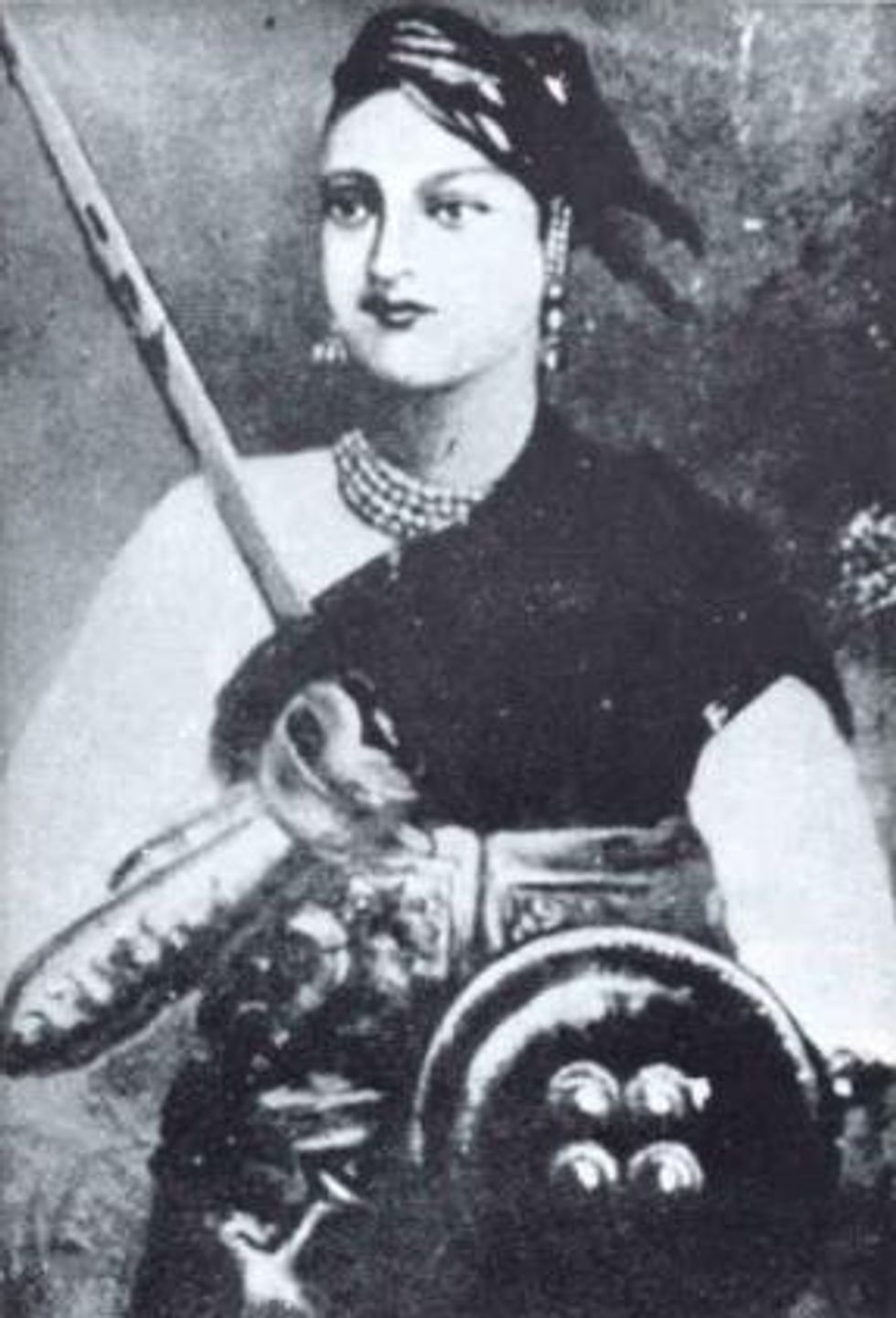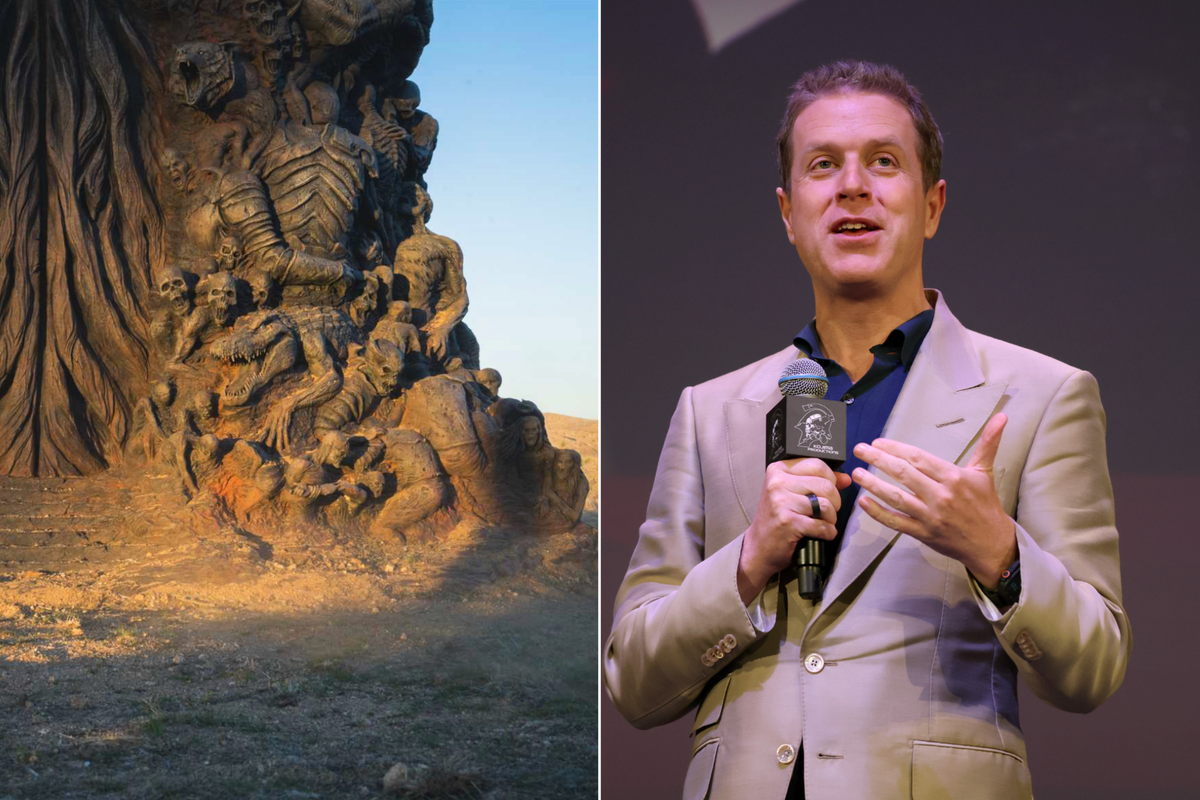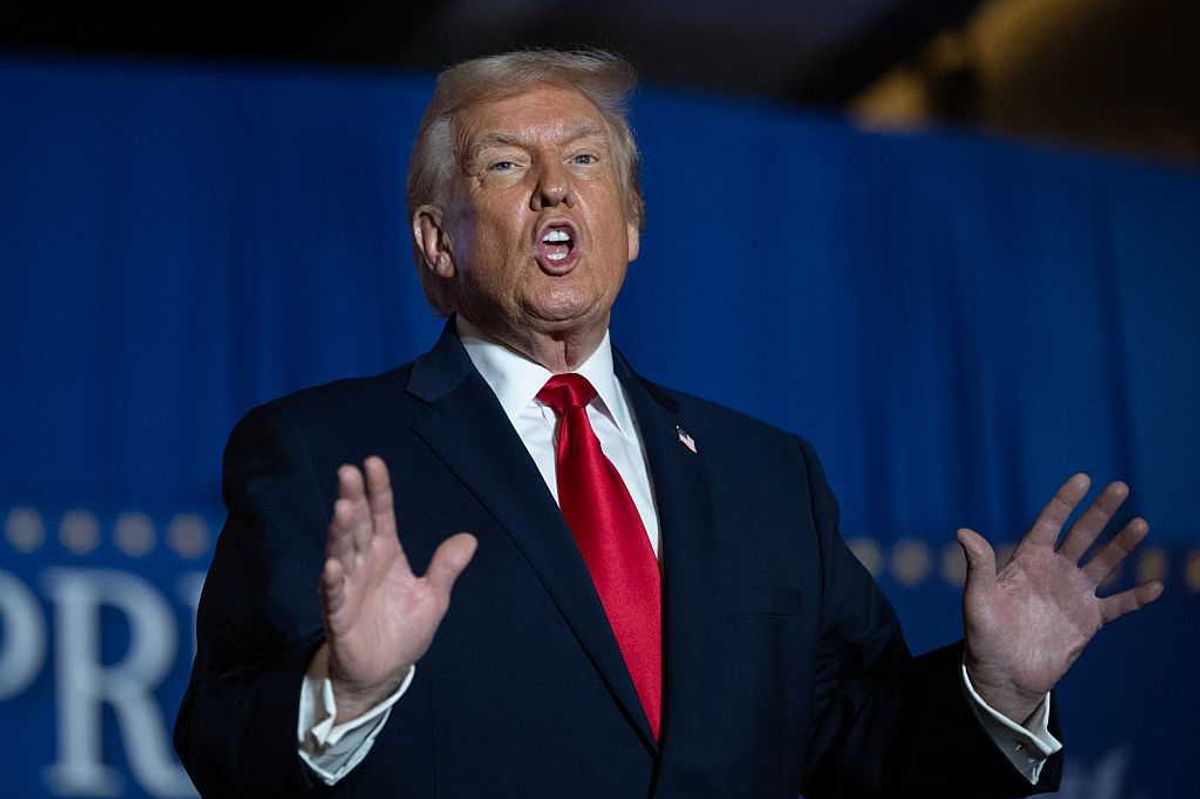Celebrities
Dina Rickman
Jul 14, 2014
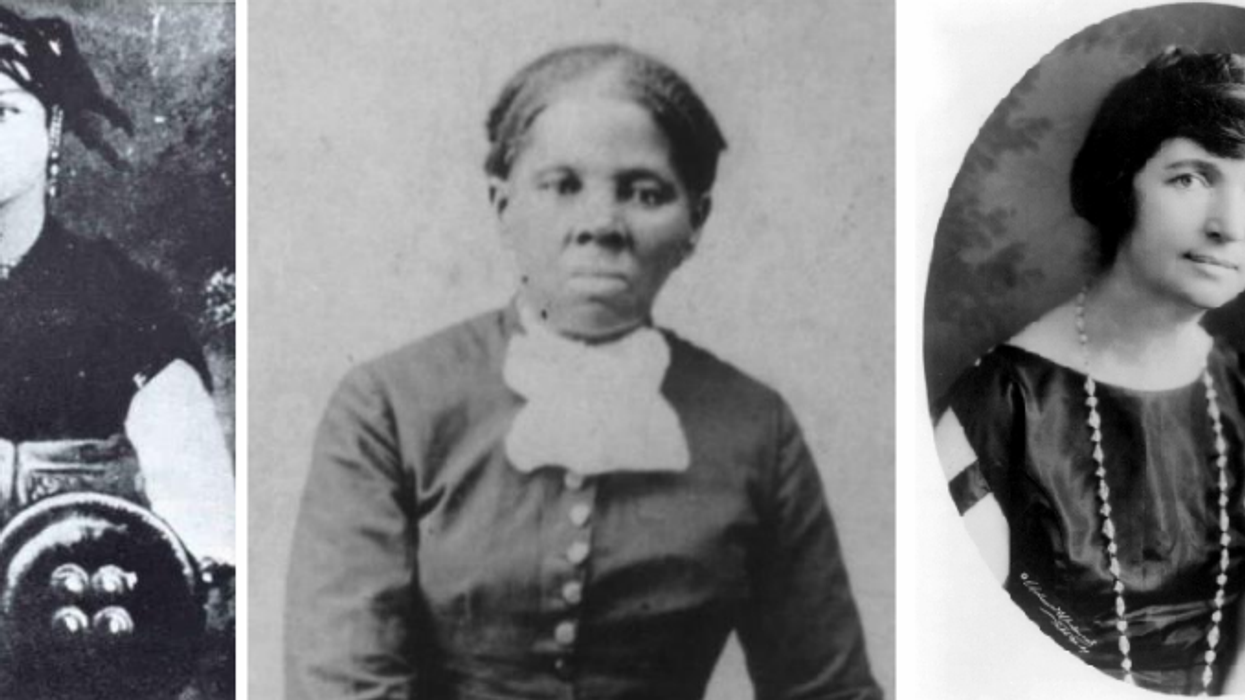
They say well behaved women never make history but that doesn't explain the absence of these seven amazing stories from our textbooks. Florence who?
Margaret Sanger, birth control activist
1879-1966
Sex education pioneer and activist Margaret Sanger opened America's first family planning clinic in New York City in 1916, when contraception was effectively illegal. It was shut down after nine days, but Sanger’s activism continued. In 1921, she founded the American Birth Control League which campaigned to legalise contraception on the basis that children should be “conceived in love” and “of the mother’s conscious desire”.
Olive Morris, feminist and activist
1952-1979
British activist Olive Morris became involved in the Black Panther Movement as a teenager, before setting up both the Brixton Black Women’s Group and the Organisation of Women of African and Asian Descent. By the time she died of cancer at just 27, Olive was a central figure in the squatters’ rights movement. In 1986 Lambeth council named a building after her to recognise her achievements and she has also appeared on the Brixton pound note.
Wu Zetian, empress of China
624-705 AD
Wu Zetian was the first and only woman to rule China and has been described by historians as the “premiere Asian matriarch”. During her time on the throne between 690 and 705 she invaded Korea and Tibet and - 700 years before the printing press came to Europe - ordered the mass production of 84,000 Buddhist texts.
Rosalind Franklin, scientist
1920-1958
Rosalind Franklin’s research was instrumental in helping discover the structure of DNA. Scientist and biologist Lynne Osman Elkin calls her a “de facto collaborator” in James Watson, Maurice Wilkins and Francis Crick’s work on the subject, however her input was overlooked when the three men published their research in 1953. Franklin died of ovarian cancer age 37, four years before Watson, Wilkins and Crick were awarded the Nobel prize.
Murasaki Shikibu, the world's first novelist
c.978-1014
Japanese writer and poet Murasaki Shikibu is the author of the earliest novel in human history, the Tale of Genji. Her true identity is unknown although it is thought she was a lady in waiting in the imperial court during the Heian period of Japan, an era where women took a leading role in the state.
Harriet Tubman, anti-slavery activist
c.1822-1913
Harriet Tubman was born into slavery in the US state of Maryland. She escaped in her late 20s and soon got involved in the Underground Railroad. It is believed Tubman helped give 300 people their freedom through the network of anti-slavery activists. She also worked as a spy for the north during the American Civil War.
Rani Lakshmibai, queen and anti-colonialist
1828-1858
Rani Lakshmibai was the Queen of Jhansi, north-central India, and a central figure in the struggle against British rule. Sometimes described as the Indian Joan of Arc, she fought in the Indian Rebellion of 1857. She died in battle defending Gwalior, a province near Jhansi, from British troops in 1858.
Top 100
The Conversation (0)
